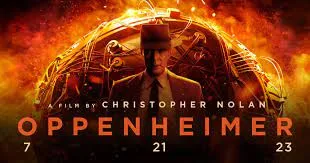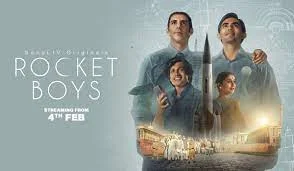J. Robert Oppenheimer, himself a Sanskriti scholar, upon witnessing the detonation of a successful nuclear explosion and seeing the highly explosive nature of his experimentation, is credited to have mentioned the same line.
Now that Oppenheimer’s experience is immortalised on the silver screen with Hollywood’s latest offering, this quote has been scrutinised extensively. One Hindu scholar even mentioned that he had never read such a line in the epic. Something close to the text in the scripture about the destruction of the worlds in Chapter 12, verse 11, is about Time. Time as being the destroyer of physical things. In other words, the scholar Devdutt Pattnaik says Oppenheimer had misinterpreted the text.
The movie is a gripping one, depicting a time when the Western world was developing its physical sciences by leaps and bounds. A time when quantum sciences was in its infancy and molecular science was beyond atoms, protons and electrons. We are discussing when Heisenberg, Bohr and Einstein could fit into the same narrative. With the development of science, the trust in the entity of God to take care of His subject diminished. Increasingly, people believed that aristocracy, theocracy and capitalism would not save mankind. Human malady had to be held by its horns, and the socialist and communist rule would spread wealth and justice justly. Leftist ideology was spreading worldwide, especially after witnessing the 1928 stock market crash and the two world wars that ensued.
 |
| Father of Atomic Bomb |
Back in 1980, BBC released a 7-part miniseries on Oppenheimer, starring a young Sam Waterston. Oppenheimer’s predicaments were expressed in a more unrushed manner covering his story in depth as if it was a miniseries.

























